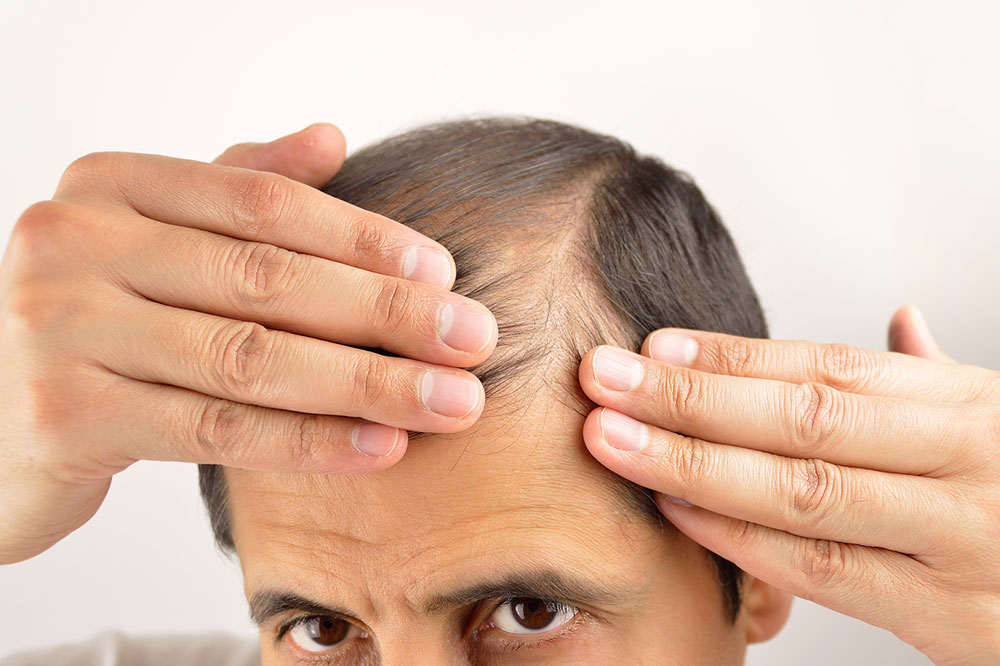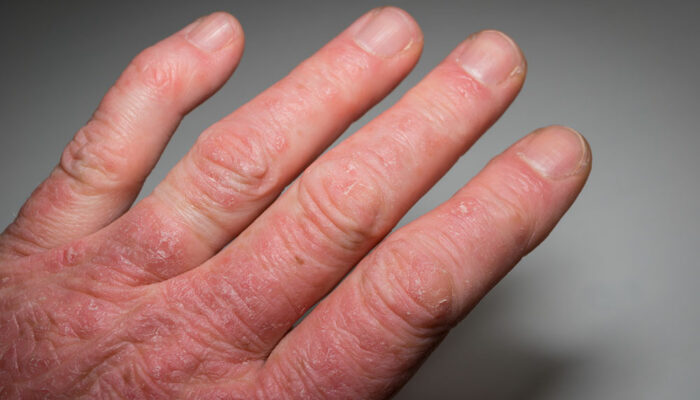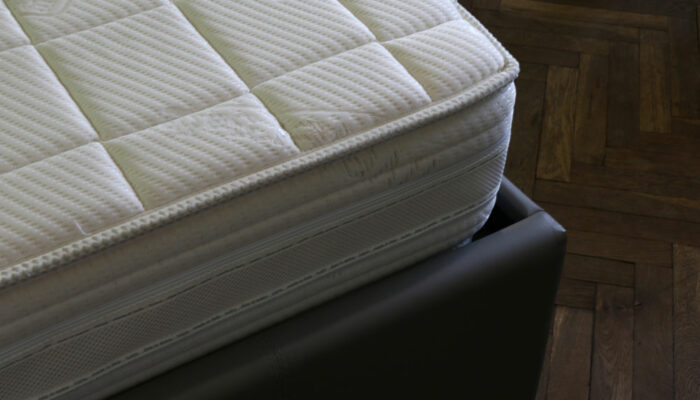
Easy Hair Loss Prevention Tips for Men and Women
One in five Americans has hair-loss problems. Hair loss is equally disturbing for both men and women. In men, male pattern baldness is prevalent due to both genetic and hormonal reasons. It occurs as patches or a bald spot appears. In women, overall thinning of hair is natural in the menopausal period. Hair loss occurs when hair becomes thin and or when the follicles become weak.
There are many ways to prevent hair loss in both genders. Here are a few options laid out for you.
- Prevent physical damage
Massages, hair gels, and hair masks are all wonderful ways to take care of your hair. Include hair care in your everyday routine. Chemical bleaches, hair dyes, and excessive shampooing also make hair scrawny. Use lukewarm water and a gentle shampoo to wash your hair, and be gentle when drying it. When wet, avoid brushing or tying your hair. It is most weak then and can easily break. Tight rubber bands and hairpins can cause hair breakage. High heat-producing styling products like blow dryers, straightening, or curling irons, also weaken hair. You should not use them on your hair.
- Follow sensible diets
Dietary changes can keep hair healthy. Especially if you are not following a healthy diet pattern, it helps to make modifications in it. Iron plays a vital role in improving hair quality. It enables the body to circulate oxygen as hemoglobin. And improved circulation in the scalp encourages hair growth. Zinc ensures the efficient functioning of oil and sebaceous glands, and these keep the follicles working efficiently. Free radicals block the growth of hair. But Vitamins C and E play a role in preventing oxidative stress caused by these free radicals. Vitamin D helps create new follicles, and Vitamin B improves the overall health of hair. Proteins are engaged in repairing damaged hair cells. Ensure you include a variety of fresh vegetables, fruits, and whole grains in all your meals. Also, remember to hydrate yourself sufficiently. Dehydration can cause hair loss too.
- Reduce stress
Stress can mess with your hair as much as it messes with your mind. Sometimes when you are mad, it can make you pull your hair literally, but keep in mind that doing so weakens the hair from its roots. In women, hormonal imbalances are quite common. Reduced estrogen production can increase the secretion of the male hormones androgens. This male hormone can weaken hair follicles. Stressing about hair loss will only increase it, and this becomes an irreversible cycle. Exercise is a great way to relieve stress. It can also help correct hormonal imbalances and maintain overall fitness.
- Scalp massages
Massages with hot oils help increase circulation in the scalp and keep hair nourished. It also stimulates the follicles and makes hair grow thicker and faster. Choose oils of almond, castor, coconut, olive, and jojoba for the best effects. You can either leave it in the hair throughout the day or keep it on for 30-60 minutes and then wash it out with a mild shampoo. Juices of ginger, onion, garlic, and beetroot can also help improve the quality, thickness, and strength of your hair. Aloe vera gel notably contributes to the growth and thickness of hair in both men and women. Aloe gel works best on dry, frizzy hair.
- Treatments
As a last resort, doctors might prescribe medication and hair transplants. Either 2% or 5% solutions of Minoxidil are the most common medicines. Hair has a cycle of three phases: growth, transition, and resting. Minoxidil works by prolonging the growth phase, thus increasing the density of hair. Finasteride is an oral tablet that lowers levels of dihydrotestosterone, a hormone that shrinks the hair follicles. Some doctors may suggest iron supplements too for improving blood circulation. In menopausal women, hormone balancing drugs like spironolactone or oral contraceptives can also help. Transplants and laser treatments are also available as hair loss treatments.



